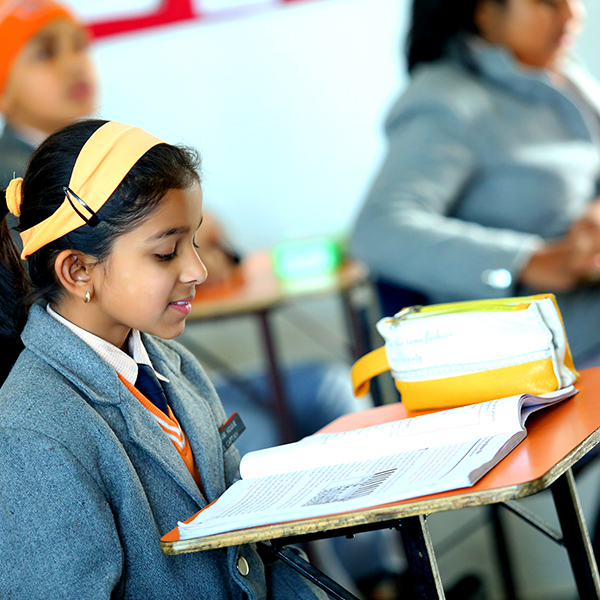
Individualised Learning
We recognize that each child is unique, with different learning styles, strengths, and paces. Our approach to individualized learning tailors instruction to meet the specific needs of each student, offering personalized support and challenging them at their own level. This method ensures that every child’s potential is maximized, fostering confidence and academic growth.
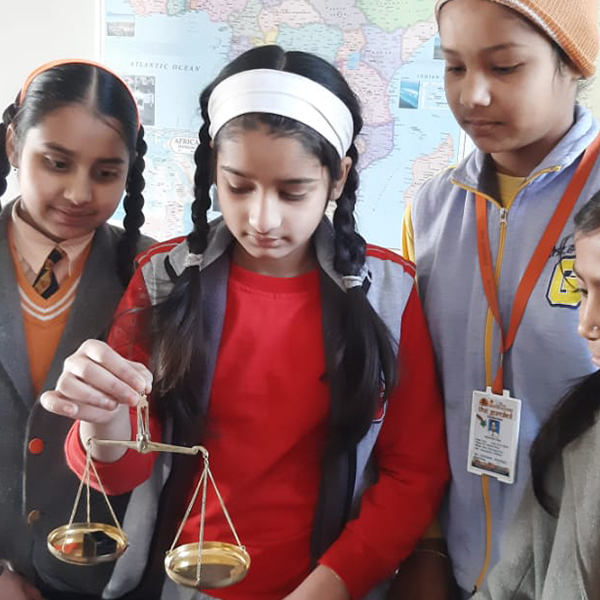
Experiential Learning
Learning by doing is central to our philosophy, making education a dynamic and engaging process.
Learning by doing is at the core of our teaching philosophy. We provide hands-on experiences where students actively engage with real-world concepts, enhancing their understanding and retention. Through activities like experiments, projects, and field trips, students learn to apply knowledge in practical, meaningful ways, making their education deeply relevant.
- Nature study and walksIn line with our holistic approach, we take learning beyond the classroom and into nature. Regular nature study sessions and walks allow children to observe, explore, and connect with the environment, fostering a love for nature and developing their observational and analytical skills in a natural setting.
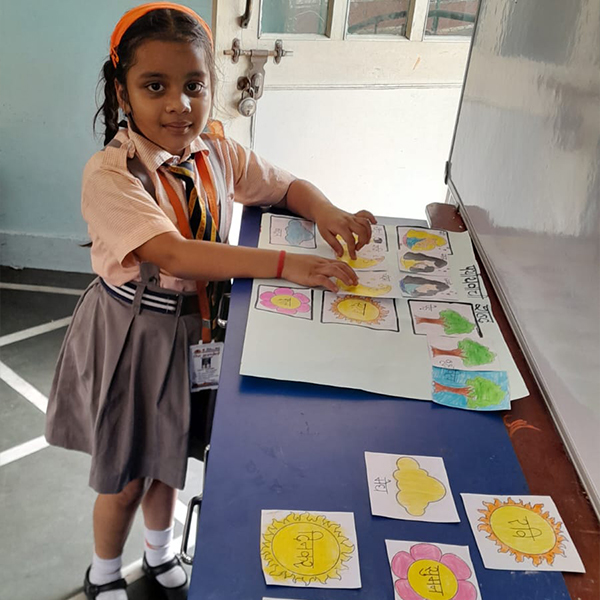
Language for Effective Communication
We emphasize the development of communication skills, helping students express themselves confidently and clearly. Language learning is integrated across subjects, and students are encouraged to participate in discussions, presentations, and debates, building their proficiency in both written and oral communication.
- Talking Walls
Our school walls serve as more than just boundaries; they are learning spaces filled with student work, interactive displays, and educational materials. These “talking walls” act as constant visual stimuli, reinforcing concepts and encouraging active engagement in learning.
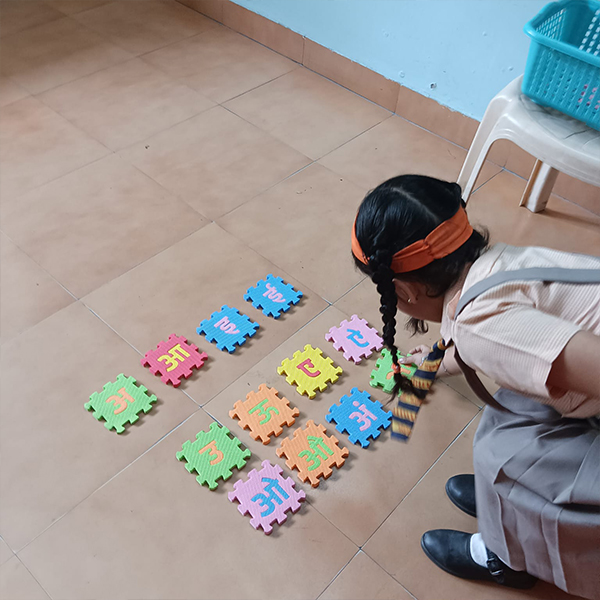
Montessori-Inspired Practices
Our classrooms draw inspiration from Montessori methods, where students learn through self-directed activities and collaborative play. We focus on nurturing independence, encouraging exploration, and fostering a sense of responsibility as children engage with materials that develop both fine and gross motor skills, as well as cognitive abilities.
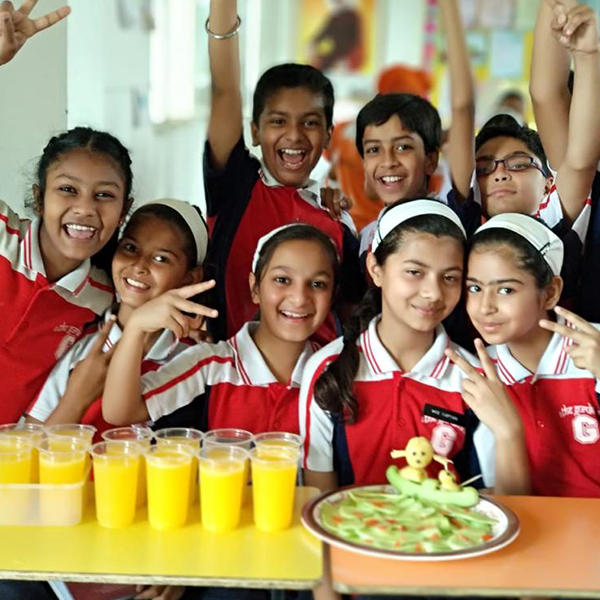
Play-Based Learning
We believe that play is an essential part of learning, especially in the early years. Through structured and unstructured play activities, children explore, experiment, and develop critical thinking, problem-solving, and social skills in a fun, engaging environment.
- Circle Time
Circle Time is a dedicated period for group interaction, where students sit together along with the class teacher to discuss ideas, share thoughts, and reflect on various topics. This practice promotes listening skills, respect for others’ opinions, and a sense of community within the classroom.
- Wonder Time
Wonder Time nurtures a child’s natural curiosity and observation skills, which are essential for learning. By providing a variety of materials to explore and manipulate, children are encouraged to observe, ask questions, and draw their own conclusions. This activity fosters independent thinking, promotes analysis and interpretation, and gives children the freedom to wonder and discover without relying on complex explanations—allowing their observations to guide the learning process.
- Role Play & Simulation Based Learning
Through role play and simulation, students actively participate in real-life scenarios, which helps them understand complex concepts and develop empathy, problem-solving, and decision-making skills. This interactive method makes learning dynamic and memorable.
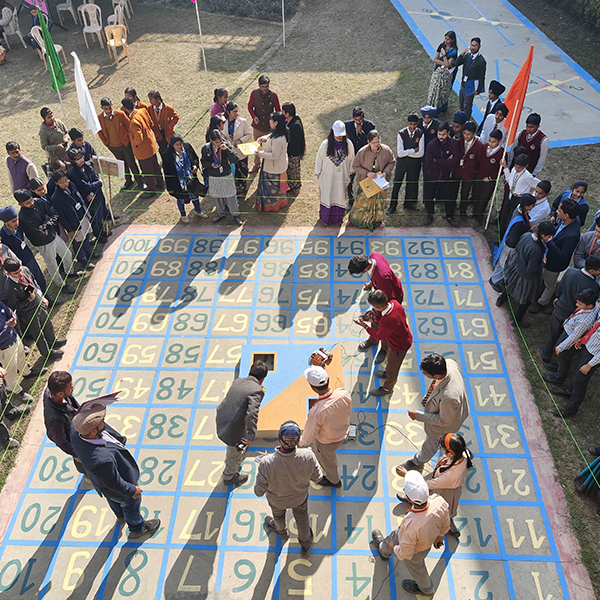
Building as Learning Aid (BaLA)
BaLA (Building as a Learning Aid) is an integral part of the school’s design, turning every physical space into a dynamic learning tool. By optimising various areas across the campus, BaLA enhances visual and interactive learning experiences. Supported by print-rich classrooms, it caters to diverse learning styles and fosters the development of multiple intelligences in children. This approach not only reinforces concept-based learning but also serves as a recall tool, promoting experiential learning and enhancing overall comprehension.
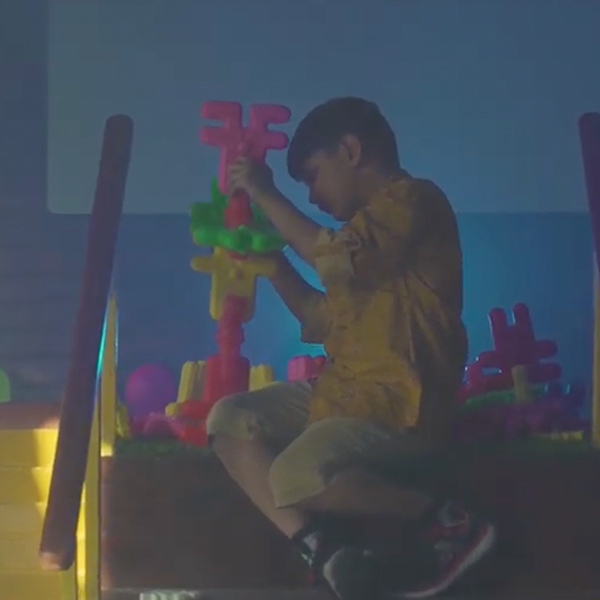
Problem Solving Approach
We nurture critical thinking through problem-solving exercises, encouraging students to analyze situations, think creatively, and find solutions independently or collaboratively. This approach enhances logical reasoning and builds resilience in facing challenges.
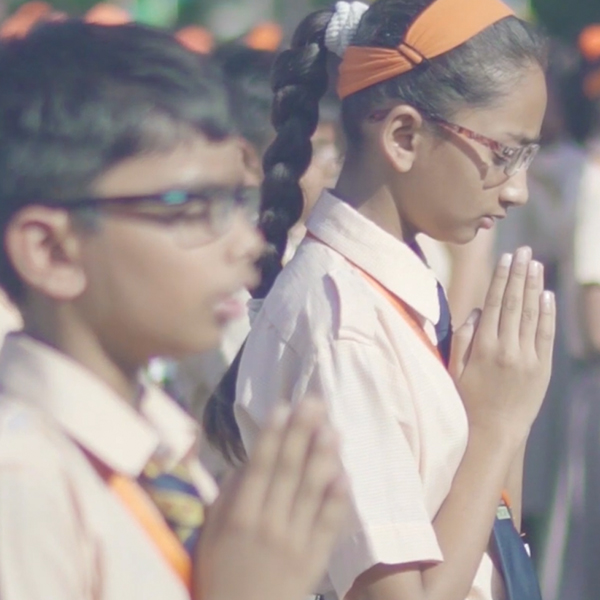
Values and Character Education
At Gurukul, our philosophy emphasizes the holistic development of a child’s character, in line with our deep-rooted cultural values. We prioritize instilling virtues such as empathy, respect, honesty, and responsibility, woven seamlessly into our curriculum. Through a values-based education, we nurture students to grow into thoughtful, compassionate, and responsible individuals, prepared to contribute positively to society while upholding the ethos of the traditional Gurukul system.
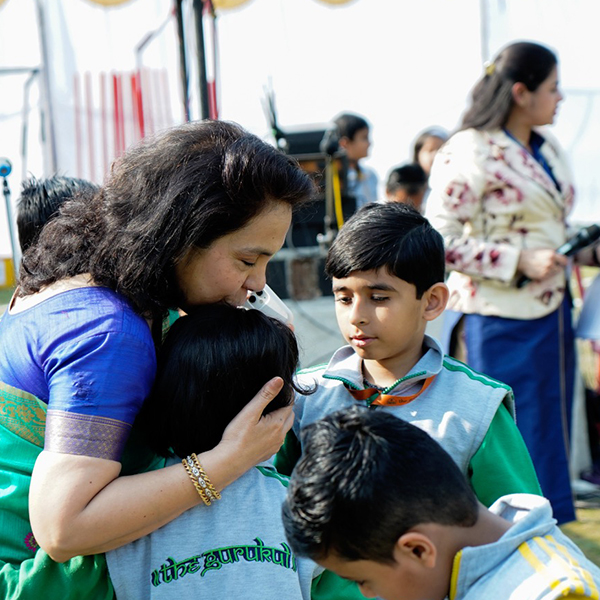
Personal, Social and Emotional Nurturing
At Gurukul, we recognize the importance of nurturing the whole child—academically, socially, and emotionally. Our supportive environment fosters personal growth, emotional intelligence, and social responsibility. Through guided activities, counselling, and peer interactions, students learn to manage their emotions, build healthy relationships, and develop self-awareness. This holistic approach helps children navigate challenges and become well-rounded individuals. Personal and emotional development is prioritized alongside academic success, ensuring balanced growth.
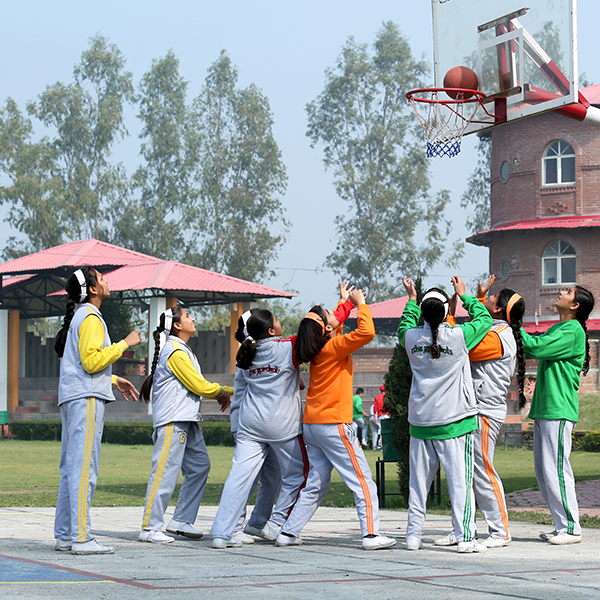
Physical Development Emphasis
Physical well-being is a critical component of our educational philosophy at Gurukul. We emphasize physical development through sports, yoga, and structured physical activities that promote health, coordination, and teamwork. Our programs encourage students to stay active, improve motor skills, and develop discipline and focus. The integration of yoga aligns with our holistic approach, balancing physical fitness with mental clarity and mindfulness. Physical development is seen as essential to overall student success and well-being.
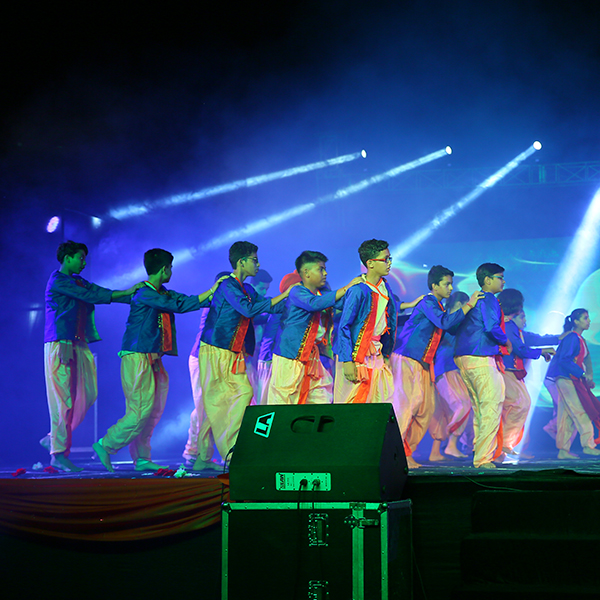
Visual and Performing Arts
Gurukul fosters creativity through a robust Visual and Performing Arts program, where students explore their artistic talents in music, dance, drama, and visual arts. These activities provide avenues for self-expression, cultural exploration, and collaboration. Art education enhances cognitive abilities and emotional development, while also building confidence and communication skills. Through participation in performances, exhibitions, and workshops, students develop a deeper appreciation for the arts, which complements their academic learning.
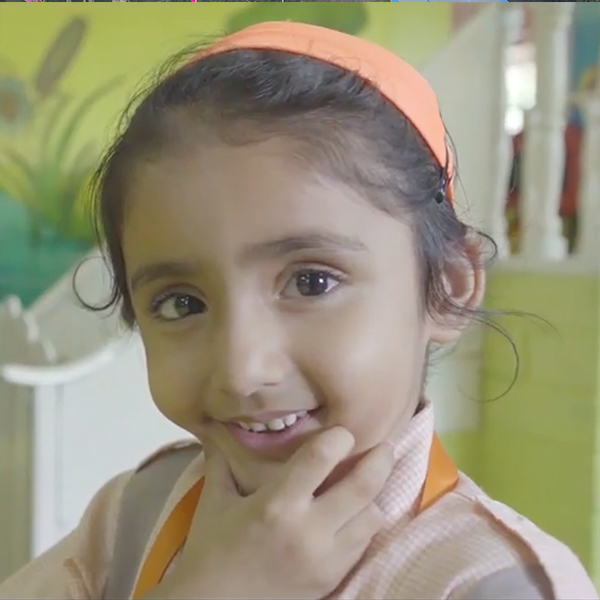
Child Centred Environment
Our child-centered approach at Gurukul places the individual needs, interests, and abilities of students at the heart of our educational practice. We create a nurturing and engaging environment where children feel safe to explore, take risks, and learn at their own pace. Classrooms are designed to be interactive, flexible, and responsive to each child’s learning style. This approach ensures that education is not one-size-fits-all but instead tailored to bring out the best in every student.
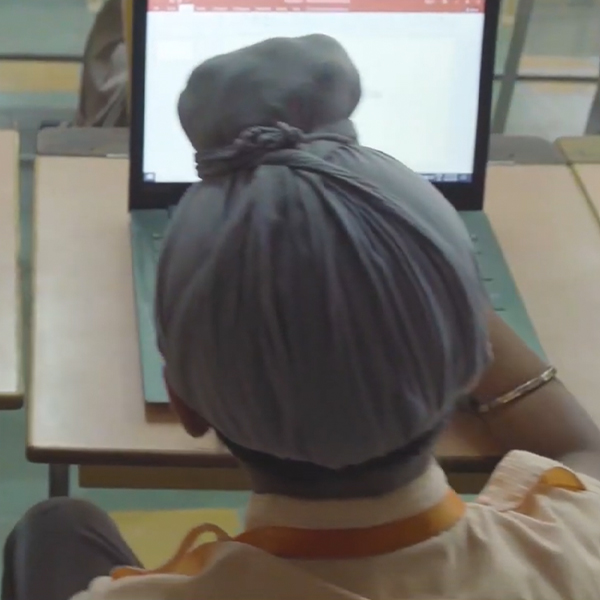
Application Based Learning
We believe that the true measure of understanding is the ability to apply knowledge in real-world contexts. Gurukul’s application-based learning emphasizes the practical use of concepts across subjects. Students engage in hands-on projects, case studies, and activities that allow them to connect theory with practice. This approach develops problem-solving skills and prepares students to think critically about how their learning can be applied to future careers and everyday life.
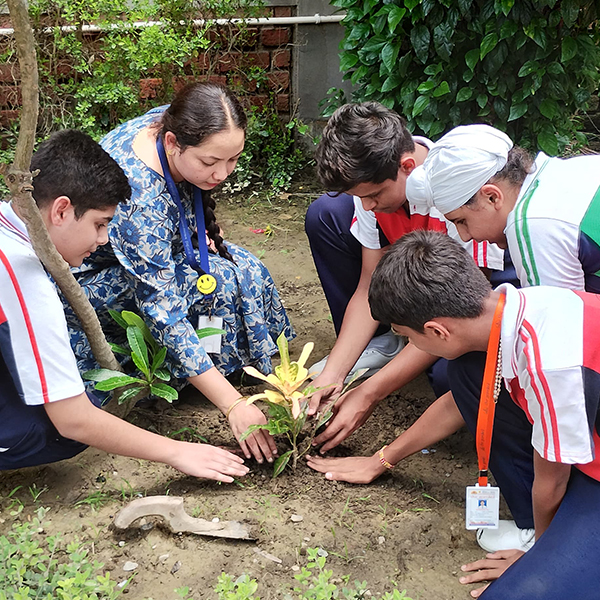
EEP (Environmental Education Programme)
At Gurukul, environmental stewardship is a core value, and our Environmental Education Program (EEP) instills a deep respect for nature. Students participate in eco-projects, sustainability practices, and nature-based learning that foster a sense of responsibility towards the environment. Through EEP, we aim to raise awareness of global environmental challenges while empowering students to become proactive in conservation efforts. This program aligns with our holistic philosophy of living in harmony with nature.
